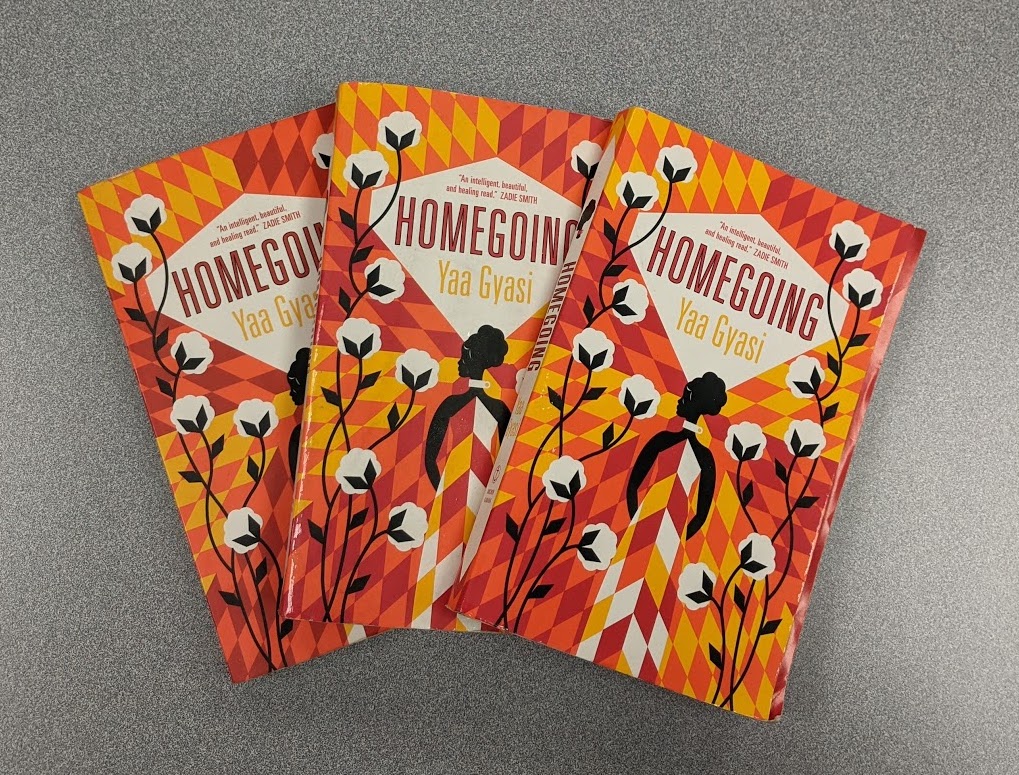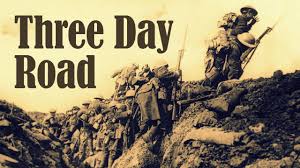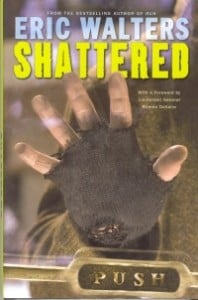- Looking for resources to weave disability representation into your literature equity and inclusion work?
- Interested in receiving a free class set of books by disability justice warrior, Judith Heumann? (first come first serve, read below to find out more!)
- Are you a middle and/or high school teacher of English Language Arts, humanities, social studies, civics and/or Special Education?
Facing History & Ourselves’ 2022-23 All Community Read will be a collective journey of transformation supported by an educator workshop and author event. We will engage in conversation around the young adult and adult versions of Judith Heumann’s memoirs:
Read More
Topics:
Books,
English Language Arts,
Professional Development,
Online Workshop,
ELA,
Community,
English Classroom,
English,
Disability education,
book club
“Either way, the fact that you are here at all changes everything. Because this - you and me, looking at these stories together - this is one of the most beautiful parts of being a human; the drive to connect and understand, heal and blossom. This is the kernel that takes my breath away; the piece that I want to hold on to.”
Read More
Topics:
Books,
English Language Arts,
ELA,
English Classroom,
English,
Disability education,
book club
Choosing a piece of literature for your course is an important decision. Take a moment to reflect on the very small number of books you will have the opportunity to introduce to your students in any given year. Stories have the potential to help students understand different perspectives, question their surroundings, and build empathy in meaningful and communal ways. With such an important role to play, these are some of the questions we encourage you to consider when deciding how to develop a course and which texts to teach:
Read More
Topics:
To Kill a Mockingbird,
Books,
English Language Arts,
English Classroom,
Literature,
English
This blog post is the 2nd in a multi-part series. Natalie Steele, an educator with Peel District School Board in Ontario, will be sharing additional resources and strategies for your classroom over the next few months on the topics of Black identities, humanizing stories, amplifying missing voices in the curriculum, and correcting the systemic abuses of history in schooling.
Why Historical Fiction?
One challenge when studying the history of marginalized peoples is often the histories of these groups have a limited amount of primary source materials available for research to draw from compared to the prolific amount of Eurocentric sources. In your search to find primary sources that help students to connect to the humanity of those held in bondage in an inhumane system, you may encounter many barriers, like language, accessing the actual resource because it's no longer in print and/or digital versions are not available, and/or the only copy available is far away with limited access.
Read More
Topics:
Books,
English Language Arts,
Reading,
English Classroom,
English,
Reading List,
Black History
Looking for a closing activity before the holiday break?
We have all felt the overwhelming impact of 2020 in our own ways. As stated in a viral tweet made in April by Damian Barr (@Damian_Barr), “We are not all in the same boat. We are all in the same storm. Some are on super-yachts. Some have just the one oar.” Each of us has uniquely been affected by this unprecedented moment in history.
Read More
Topics:
English Language Arts,
English Classroom,
reflection,
English,
Holiday lesson,
pandemic
Ever since attending my first Facing History and Ourselves workshop, I have looked for ways to incorporate Facing History pedagogy into my middle-years classroom. This year, I used the scope and sequence and pedagogical triangle to design the structure of my Grade 8 English Language Arts course.
Read More
Topics:
Strategies,
Book,
English,
stolen lives,
Reading List,
Decolonizing Schools,
Facing Canada,
cross curricular teaching and learning
In my grade 10 Canadian history class, I often used excerpts from Joseph Boyden’s Three Day Road to explore what life was like for soldiers during WWI. In this novel, protagonist Xavier Bird returns to Northern Ontario in 1919 after fighting in France and Belgium. He is met by his aunt Niska, an Oji-Cree woman, and the two travel back to their village. On this journey, the two recount traumatic experiences from their past - Xavier as a soldier returning from the front and Niska as a survivor of residential schools.
Read More
Topics:
Canada,
Canadian History,
Truth and Reconciliation,
Indigenous History,
Book,
Indigenous,
English Classroom,
big paper,
English,
Grade 10 History,
CHC,
difficult conversations,
trc,
stolen lives,
settler educators
Having been an LTO (Long term occasional teacher) in the TDSB (Toronto District School Board) for several years I have taught a variety of courses with little prep time available; Facing History saved me more than a few times with their resources (and of course other teachers' contributions to this very blog). I'm delighted to be able to share some of my experience using and adapting Facing History and Ourselves resources and pedagogy in my classroom.
Read More
Topics:
Film,
Choosing to Participate,
Human Rights,
Facing History Resources,
News,
Identity,
Facing History and Ourselves,
current events,
Culturally Responsive and Relevant Pedagogy,
Literature Circles,
Lesson Ideas,
In the news,
English Classroom,
Social Justice,
Literature,
Personal history,
English
As a middle school teacher I was often asked why I was giving up a week of my summer to attend the Facing History and Ourselves’ Holocaust and Human Behaviour seminar. “You don’t teach that time period,” being the most frequent comment. They were right. But there was something about Facing History and how they approached teaching that piqued my interest and so I went.
Read More
Topics:
Back-To-School,
History,
Middle School,
We and They,
Summer Seminar,
Literature,
reflection,
English
In “Culturally Relevant Pedagogy: Ingredients for Critical Teacher Reflection,” Tyronne Howard notes the importance of finding ways to address the growing heterogeneity of our students cultural needs to “construct pedagogical practices that have meaning to students’ social and cultural realities,” (195-6). Literature Circles are a model that I used, which I have found to be an effective tool for engaging students using differentiation. The diverse nature of my classroom, which is common for an urban school, makes it is difficult to find a single text that will engage each student in the classroom. Since those students who do not engage and read their texts are traditionally the least successful, it is important to try and find materials they will.
Read More
Topics:
Urban Education,
Night,
Literature Circles,
Lesson Ideas,
English Classroom,
Red Scarf Girl,
Literature,
English

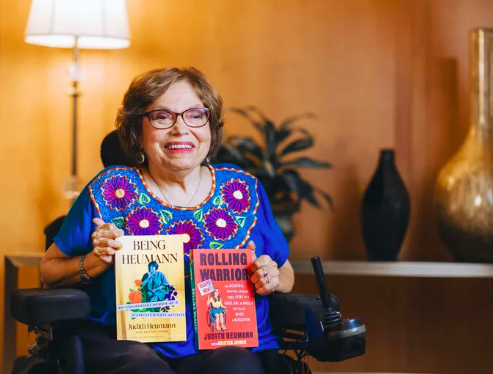
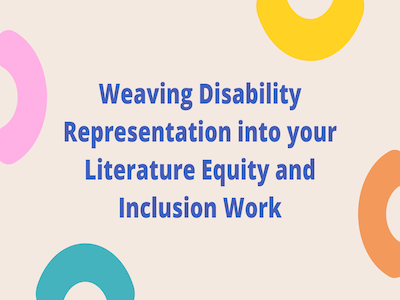
%20copy-May-11-2021-01-41-46-94-AM.png)
